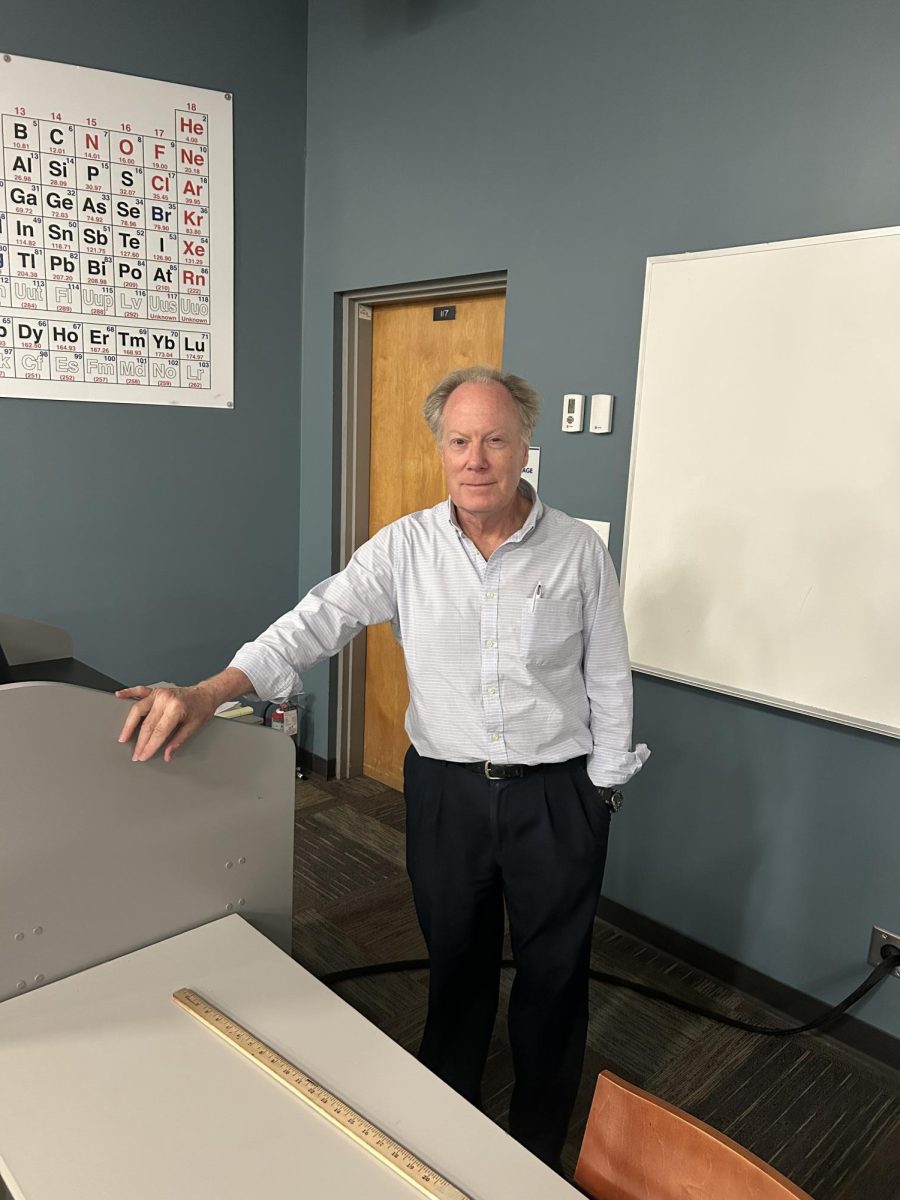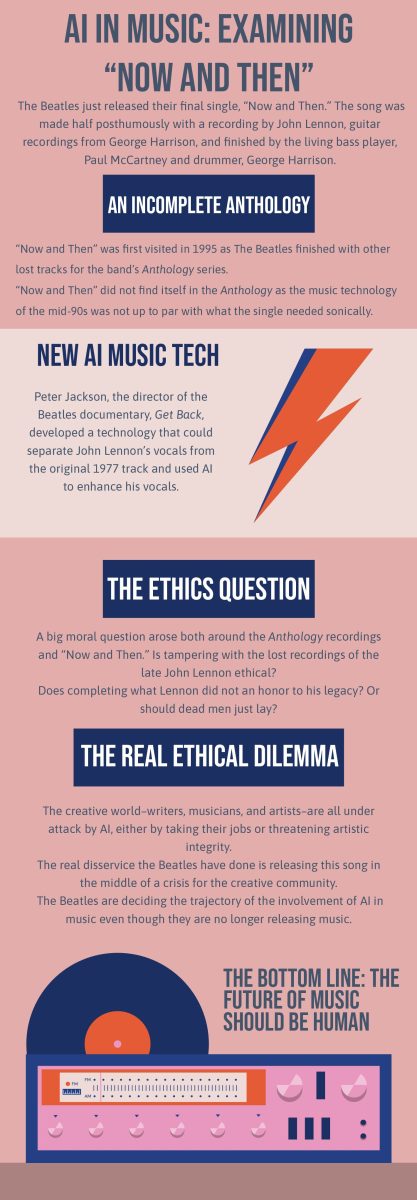by Dr. Bob Bryant | Faculty Writer
Note: The views and opinions expressed in this column are those of the author and do not necessarily reflect the views and opinions of the BlueStocking newspaper as a whole.
This Earth Day, April 22, people worldwide will join together to celebrate the Earth, its natural resources, and the benefits it provides. Born of an American cultural revolution in 1970 in response to unprecedented pollution and disregard for the environment in the name of “progress,” Earth Day has now become a worldwide movement. Sadly, environmental degradation is a global phenomenon for which humans everywhere are the leading cause. But Earth Day promotes wise stewardship of the Earth’s natural resources and calls humans around the world to act responsibly for the Earth’s care.
Our lives depend on the Earth. Clean air, clean water, and clean land are essential for our health and livelihoods as well as for those of every other living thing on the planet—animal and plant of land, sea, and air.
Taking care of our environment is not a Republican or Democrat issue; it is a health issue, a quality of life issue, even a life and death issue. Regardless of political views, life’s interconnectedness links us all. This means we cannot damage our air, land, water, each other, and the Earth’s other creatures without harming our own health, well-being, and the life of our planet.
This is not a new view that crystalized with Earth Day. It’s at least as ancient as the creation stories in Genesis where the first humans are portrayed as gardeners of the Earth and caretakers of everything in it. It is also not unique to Jews and Christians, which is fortunate since they have driven and still drive much of the Earth’s exploitation and since the world is larger and needs more care than Jews and Christians can supply, if they all would.
Our own Presbyterian College mission statement supports this basic biblical view and promotes the Christian duty of environmental stewardship. Our mission statement promises that the college will “foster in students an appreciation of, and concern for, the environment and natural resources.”
A casual look around campus, however, shows little evidence of an institution-wide, systemic, mission-focused commitment to promote an appreciation of the natural world and responsible care of the environment among all students. Even signs to educate and support recycling, reducing, or reusing across campus for students, staff, and faculty leave much to be desired. There’s no mention of it in the college’s latest strategic plan.
Nevertheless, PC does have much to celebrate this Earth Day thanks largely to individual initiatives by students, staff, and faculty at the grassroots level that are fostering environmental intelligence and conservational competence, even if it’s limited to students who self-select.
For example, though past initiatives such as the Green Hose and campus garden have come and gone, we have an established Minor in Marine Biology and now a growing Environmental Studies Minor, both through the Department of Biology and the latter program is supported also by faculty and new course developments in the departments of Art, Economics and Business Administration, Education, Political Science, and Religion and Philosophy. Further, the Office of Religious Life includes conservation projects in Service Day activities, and the Department of Theater hosted the international Climate Change Theater Action Symposium this past fall. The Office of Student Life supports PC Outdoors and sponsors outdoor orientation trips for entering freshmen and high adventure spring break trips. There is also the Students for Environmental Education (SEE) group, and biology students who want to pursue a dual-degree with Duke University may pursue degrees in forestry and environmental management there in conjunction with their biological and environmental studies here. Some students have also completed internships in which they engage environmental issues and needs, such as at Musgrove Mill State Historic Site, the Fellowship Camp and Conference Center, the Rensing Center, and Clinton’s own Community Garden.
Certainly, this Earth Day we can celebrate these and other efforts across our community of servant scholars to recognize and promote responsible stewardship of the Earth and its natural resources. Yet, we have much work to do if we’re to take seriously our college’s mission to produce responsible citizens for the world who will also exercise leadership in caring for the Earth and its natural resources. Moreover, we have a wealth of natural resources at our doorstep to use in such an education, if we will but commit to be educated by them.
True Blue Hose are also Green.







